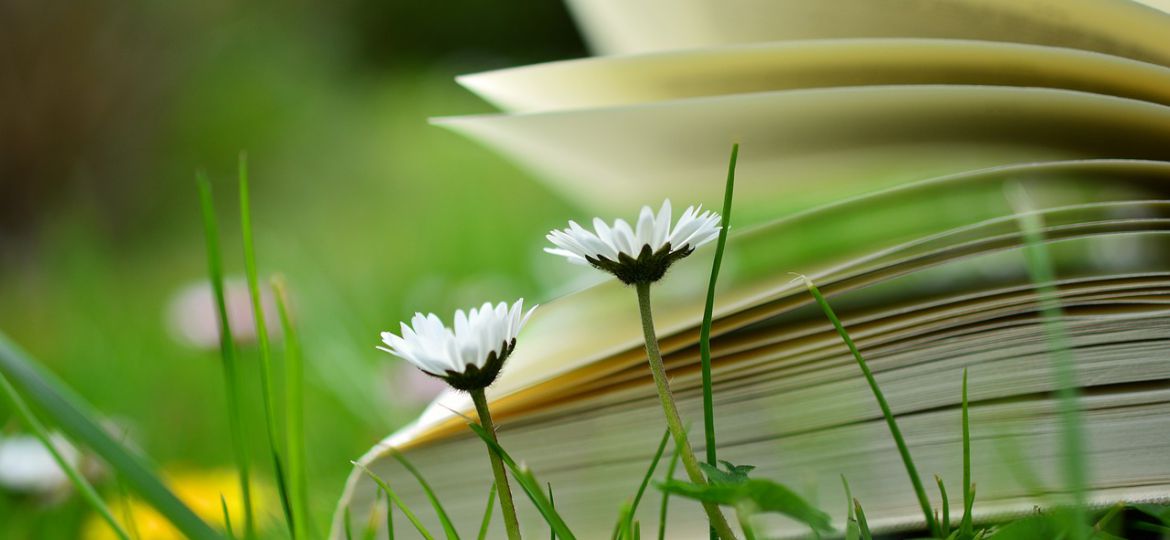
One story at a time – be it fiction, non-fiction, a leaf out of the book of our personal lives, or a narrative from our current world – literature just like sexuality can’t be contained in a box. It is diverse, it is nuanced, and, as Shweta Krishnan writes, has the political potential to liberate people by allowing us to re-imagine the world and explore all its possibilities. Kiran Bhat, an author and polyglot who speaks 12 languages, and has written in English, Kannada, Spanish, Portuguese, and Mandarin says, “A story is something we tell each other, often based in fiction, but sometimes based in truth. We use a story to connect ourselves from one person to another. We use a story to encourage, enliven, and to inspire.” He speaks with Shikha Aleya about having lived all over the world connecting with people, and what a story is and can do.
A story brings us close to the characters in it so we can feel their pain, understand their struggles and delight in their successes. Sheena D’Lima reviews the novel Erotic Stories for Punjabi Widows about how the act of these widows living in Southall, London, writing their own stories uncovers hitherto untold tales about women’s bodies, sexualities, and desire, as well as the subversive power of telling such stories. Rashmi Gopi reviews Manto’s short story License that exposes the patriarchal control exercised by society to curb a woman’s desires, her movements, and in the end her whole existence. In a similar vein, Pooja Priyamvada writes about The Handmaid’s Tale and questions of choice.
Asmi reveals how reading literature opened a window to sexuality and to understanding the intertwining of gender, sexuality and religion in our cultural context. Shilpa Sachdeva celebrates sexuality in a poem.
Some people have stringent criteria about what counts as literature while others are more flexible. So while pulp fiction may not be edifying or uplifting or considered great literature, it did and still does a great deal to popularise reading. Of course, the lurid covers help! In the Brushstrokes section, take a look at a collection of covers of 20th century pulp fiction.
After struggling with the ethics of telling other people’s stories, Surbhi Dewan finds that feminist methodology offers a guiding framework for ethical documentary filmmaking. Some stories get told ethically, some badly, and some not at all. Urvashi Butalia makes a case for feminist publishing and telling alternate stories and histories that represent marginalised voices. The Hindi section carries a translation of Abhiruchi Chatterjee’s review of Vasudhendra’s Mohanaswamy, a book originally written in Kannada about the protagonist Mohana growing up gay in rural Karnataka within the multiple and intersecting dimensions of class, caste, sexuality, rural-urban divide, education and language among others. In the Book Corner read about Saba Dewan’s Tawaifnama, a book about the forgotten history of courtesans in colonial and post-colonial India.
As we see through this issue of In Plainspeak, stories have in them the power of exposing brutal truths about society and therefore also bring with them the possibility of reform, change, and hope, and when not possible, temporarily escaping into other worlds.
In the mid-month issue Anil Pradhan writes about how contemporary Indian ‘gay romance’ fiction challenges mainstream literary discourses of love, desire, and eroticism, and Aditi Padiyar recounts how attending Hoshang Merchant’s classes and listening to his personal narratives catalysed a shift in her perspective. We also have a Hindi translation of our interview with author Devdutt Pattanaik.
In the blogrolls section we have an article that focuses on how fan fiction is a feminist pursuit and gives a voice, choice and an identity to people who may not otherwise find themselves represented well or represented at all. In a similar vein, there’s another one about how we need to go beyond feminist writing and writing about feminism in order to improve the representation of marginalized voices and communities.
In the Book Corner there’s a list of 20 books for children that introduce concepts of gender and sexual diversity to children as young as three (and older).
Truly there are changes that can come about through the power of the word.
Stay safe, stay well and wash your hands!
Cover Image: Pixabay